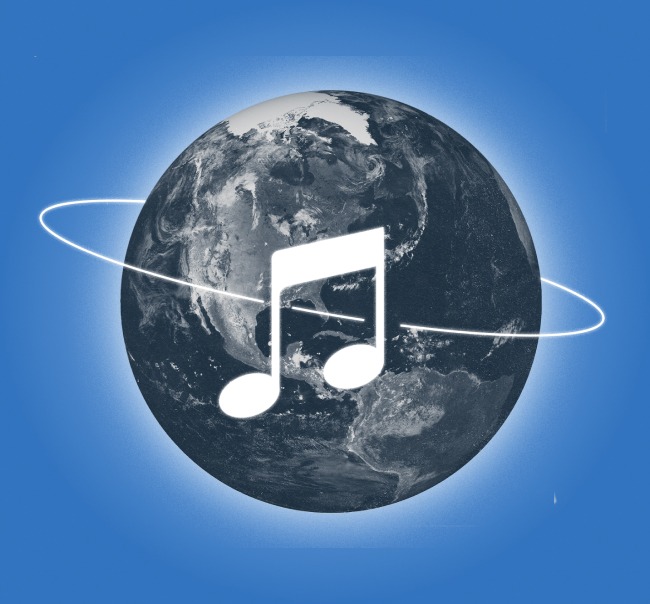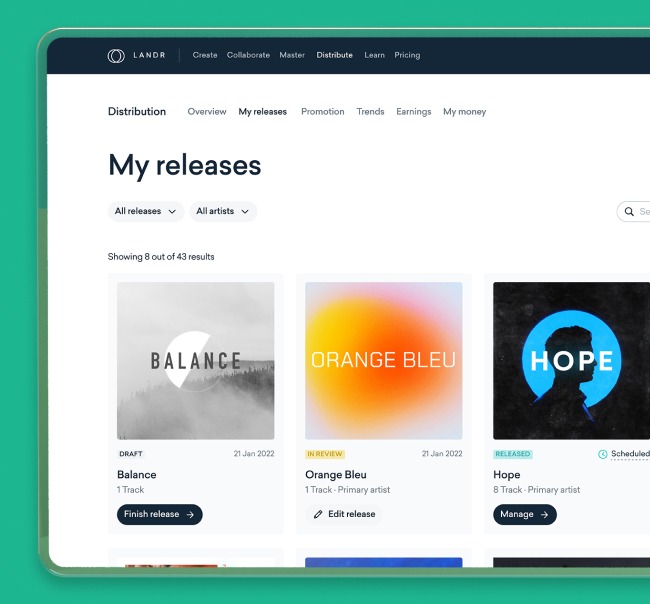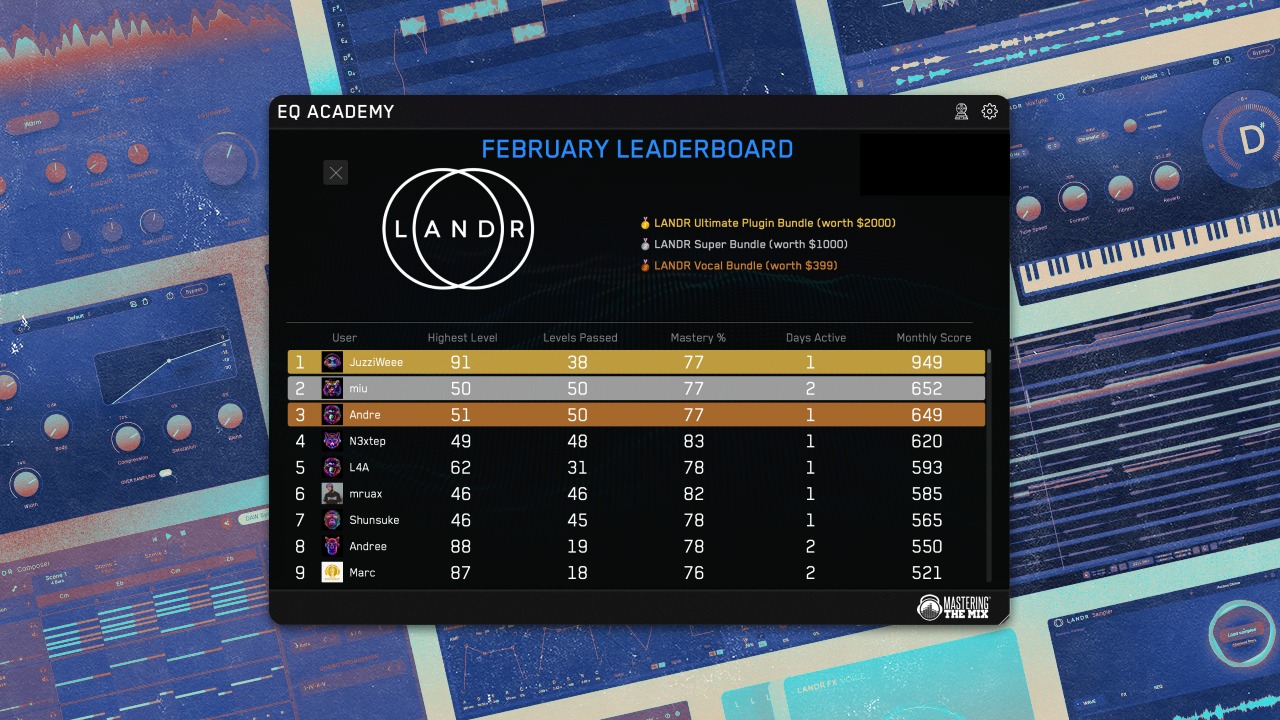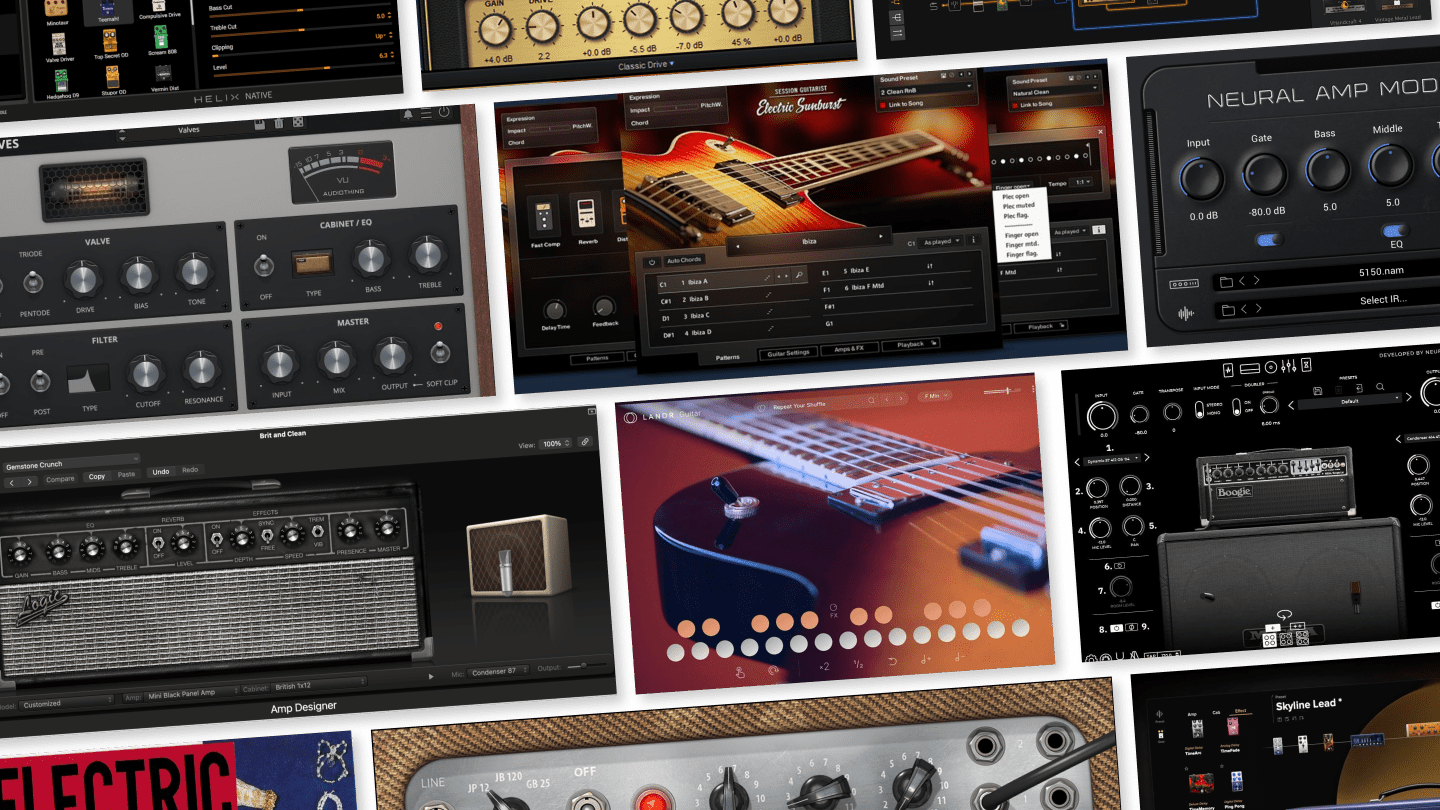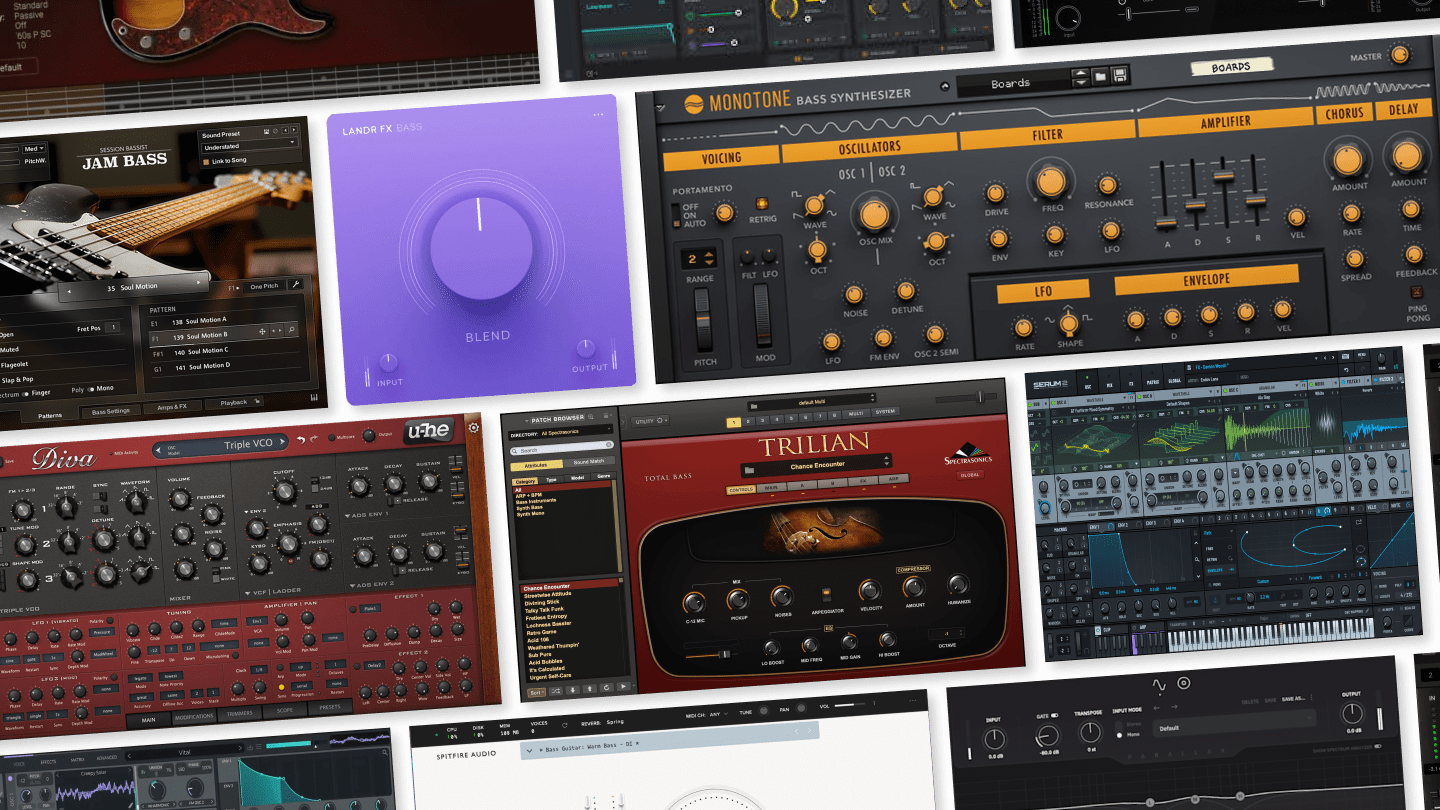
6 Reasons Why Offline Music Promotion Will Always Win
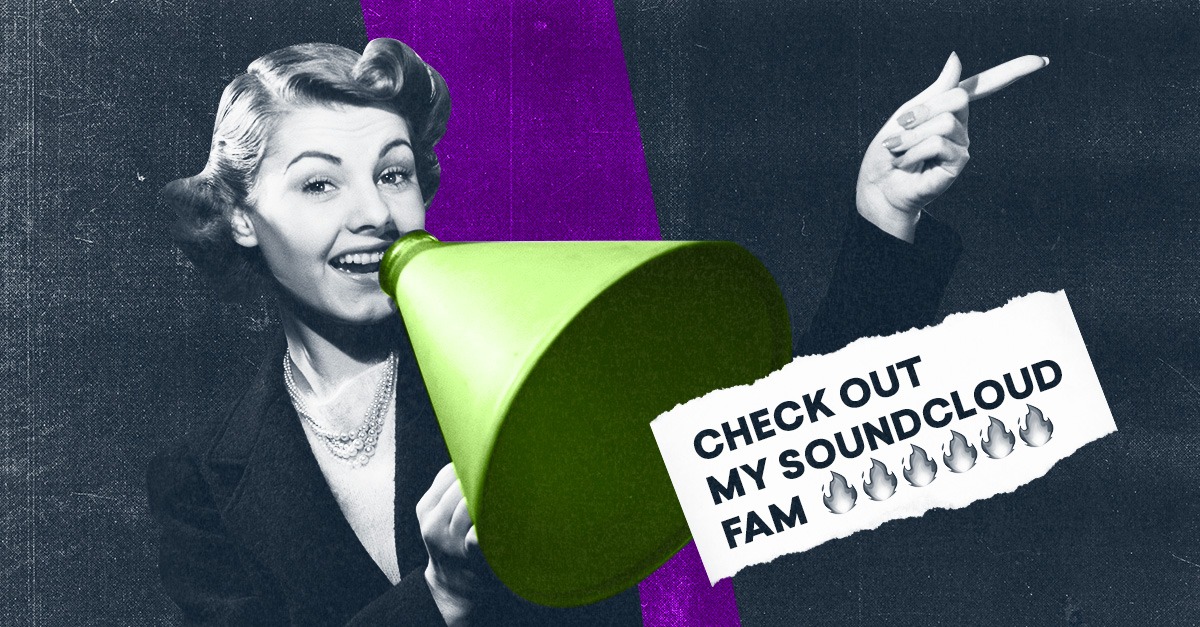
By now, everyone knows how important it is to promote your music online.
The new normal is spending a considerable chunk of time writing emails, posting on social media or sharing links to your new release.
But there’s a whole world of promotion out there that’s easy to forget when you’re too focused on your online channels: the real world.
Offline music promotion is still one of the most important parts of music promotion.
Here’s 6 reasons why offline promotion always matters.
1. Followers aren’t just followers, they’re people.
All the interactions on your streaming dashboard get reduced to statistics, but those streams aren’t just important numbers to follow… They’re real people listening to your music.
Every chance you get to meet someone who appreciates your work in person is a golden opportunity.
Every chance you get to meet someone who appreciates your work in person is a golden opportunity.
Sometimes all it takes to turn someone from a casual listener into a serious fan is a five minute chat.
So take the time to hang out after the show and say hi to everyone. Thank them for being there—it’s the least you can do!
The value of a real life encounter doesn’t have to stop offline either—Respond to comments, start discussions and interact with your fans the same way you would at a show.
Remember: A real life interaction is always the best. But the spirit of it works online too (especially for all those out-of-town fans).
2. Word-of-mouth is real
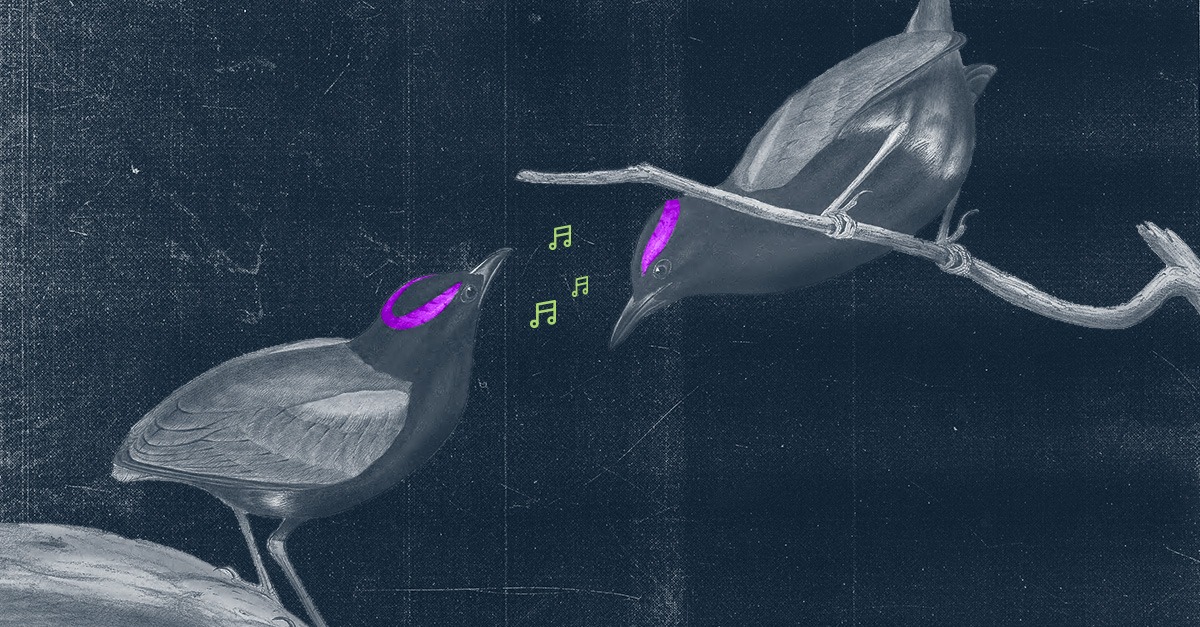
You could buy all the targeted social ads in the world and still not get the same return as a glowing review from a good friend.
You could buy all the targeted social ads in the world and still not get the same return as a glowing review from a good friend.
People still hold the opinions of others in their network higher than any marketing campaign.
Plus, people tell other people about the music they like—your music should give them something to talk about.
The more you can get your music involved in social circles in real life, the faster it will spread by word-of-mouth.
So pay attention to your community and try to make the connections. Get involved and be part of something bigger than just your own project.
3. Your presence is just as important as your artwork
[adbutler zone_id=”291816″ secure=”1″ type=”asyncjs”]
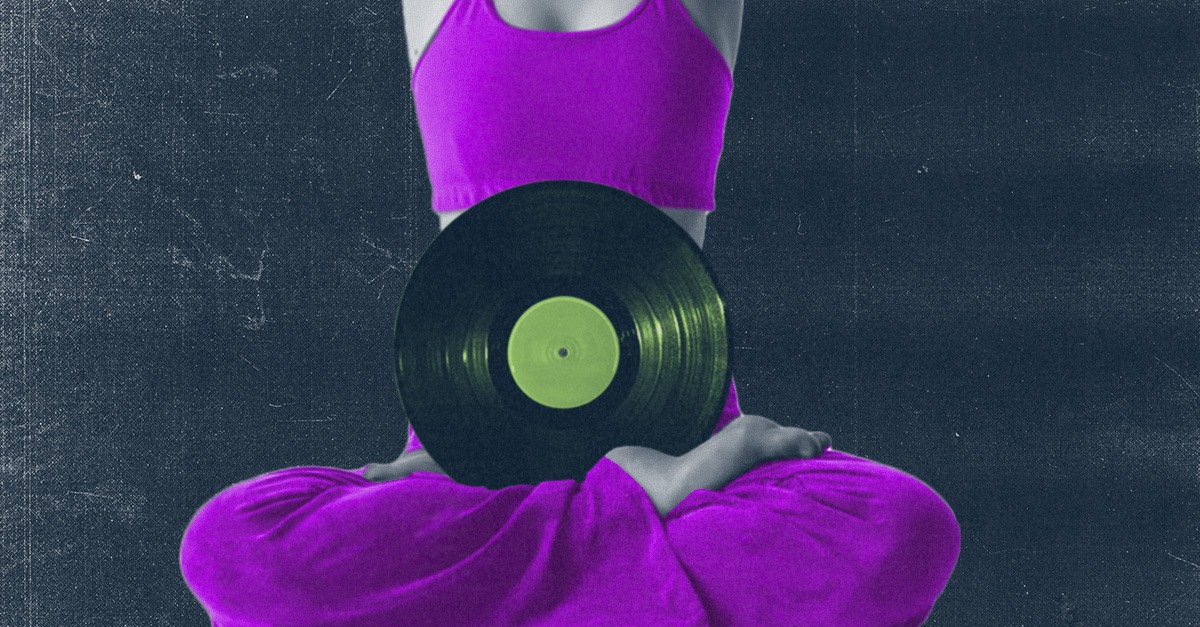
You may have triumphantly completed your masterpiece album. But the vast majority of people won’t feel the same deep personal connection you forged with your tracks while making them.
For the most part, you’ll have to rely on your real-world presence to communicate who you are and where your music is coming from.
Offline connections give people a window into your mindset. It makes it easier for them see your music in context.
Your tracks are a shorthand for who you are to your listeners, so put your best foot forward whenever you’re associated with your music in public. This means shows, events, festivals, radio spot or even local parties.
Your tracks are a shorthand for who you are to your listeners, so put your best foot forward whenever you’re associated with your music in public.
You’re the ambassador of your sound. Make every moment count, think about how you present your music in a real life setting and consider ways to make your music standout through you as a person first.
4. Nothing can replace live music
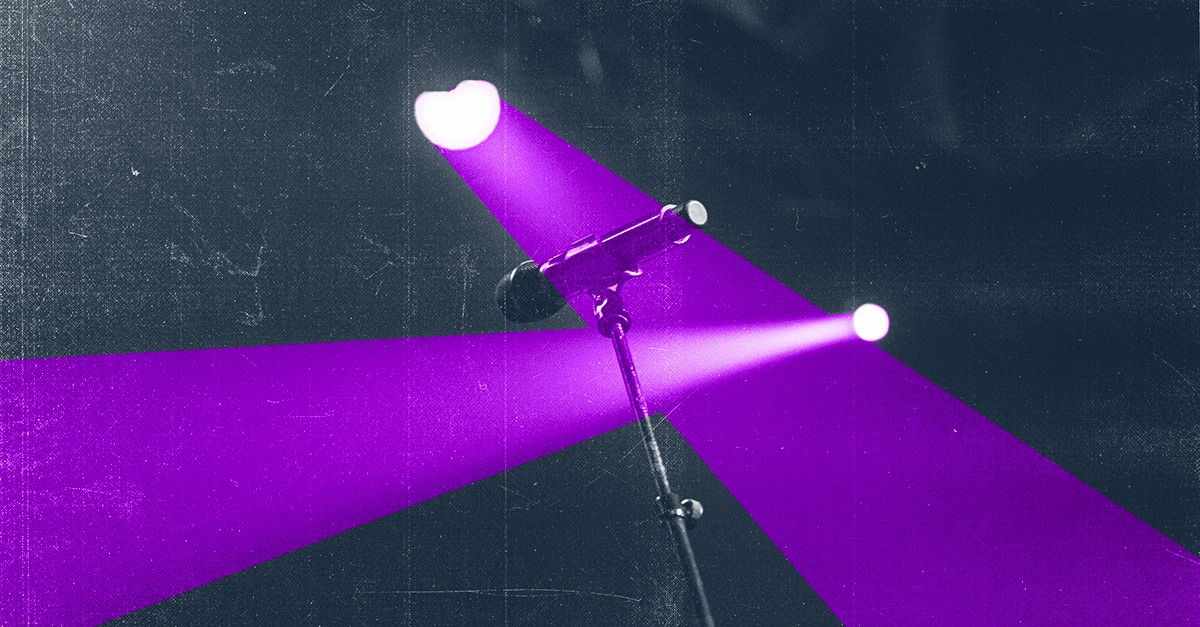
Meaningful music experiences can totally happen online, but it’s far more likely that an amazing dance party or incredible live set will leave a bigger impression.
Sometimes people just need to see it live to get the message.
The genius of your best tracks can still get flattened in algorithmically generated playlists or lost in the noise of online content.
But at an event it’s live—and loud.
It’s where you truly have your listeners’ attention. All the layers and impact of your music are on display.
So make planning and playing events a priority!
5. You need to meet people to level up
[adbutler zone_id=”291816″ secure=”1″ type=”asyncjs”]

We need to talk about networking. We all know how important it is.
But you need to stop thinking of it as a feature of a social media app and start seeing it for what it really is: just getting to know people.
You need the right people around you to help you achieve your next goal in music. Meet them as peers—not as gatekeepers you’re trying to extract something from.
And that goes for everyone, not just industry pros. The golden rule of live music is you never know who is in the audience.
The golden rule of live music is you never know who is in the audience.
Whether you’re playing to a sold-out venue or the three people glued to slot machines in the back, you still need to deliver the best performance you possibly can.
It’s part of being professional as an artist. No one likes a pretentious complainer who doesn’t put in the effort because the show isn’t full—it’s disrespectful!
6. You get to build your mailing list
This one’s more of a online/offline hybrid, but bear with me.
Email is one of the most important channels for reaching your listeners. A fan’s inbox is a direct line to their attention.
But acquiring a collection of email addresses for your mailing list is hard. You can prompt visitors to your website to subscribe or push your newsletter on social media.
But by far the easiest way is to just ask people in person. Remember to plug your mailing list along with your merch during shows or just in conversation if it’s relevant.
An email address can seem like pretty confidential information these days. Fans can be more likely to give them out in person than a submit form online.
Make sure your taking advantage of the opportunity!
Walk the Offline
A lot of daily life is online, and there’s a huge amount you can do there for your music promotion. But you can’t forget about the the offline work, even in 2019.
Whether it’s through networking or live performance, try adding these offline promotion habits to your practice.
You’ll be surprised how much the real world can do for you and your music…
Gear guides, tips, tutorials, inspiration and more—delivered weekly.
Keep up with the LANDR Blog.
